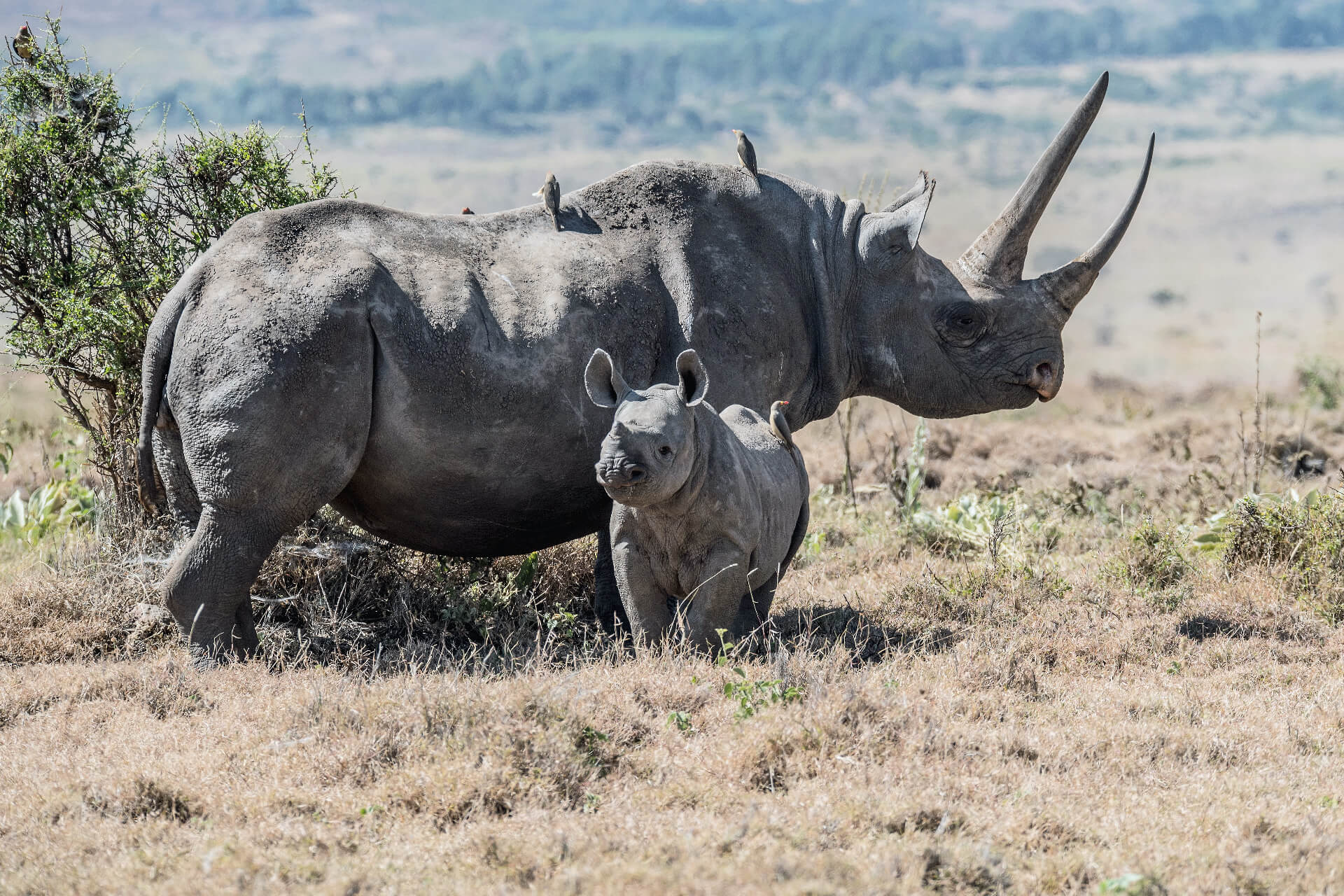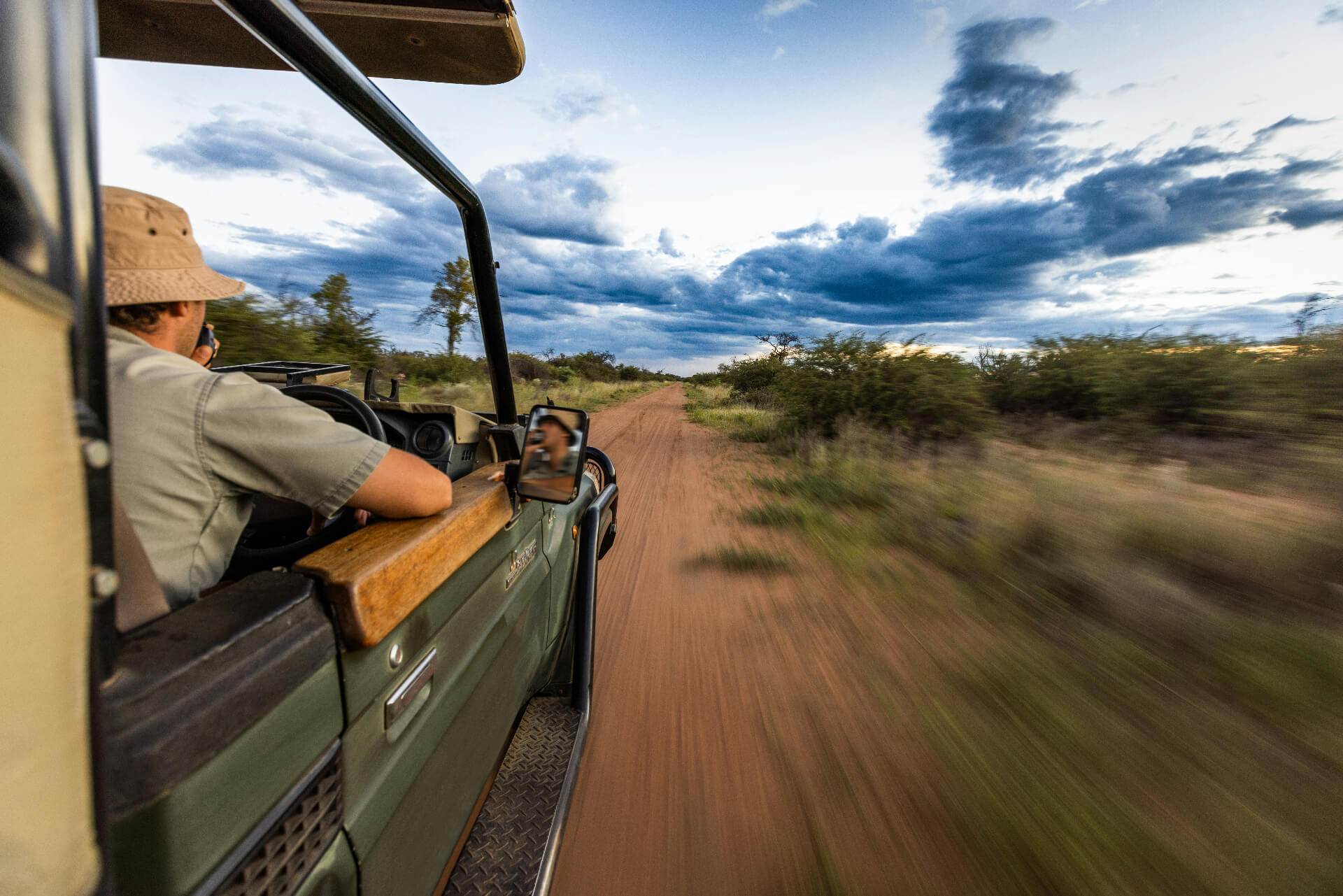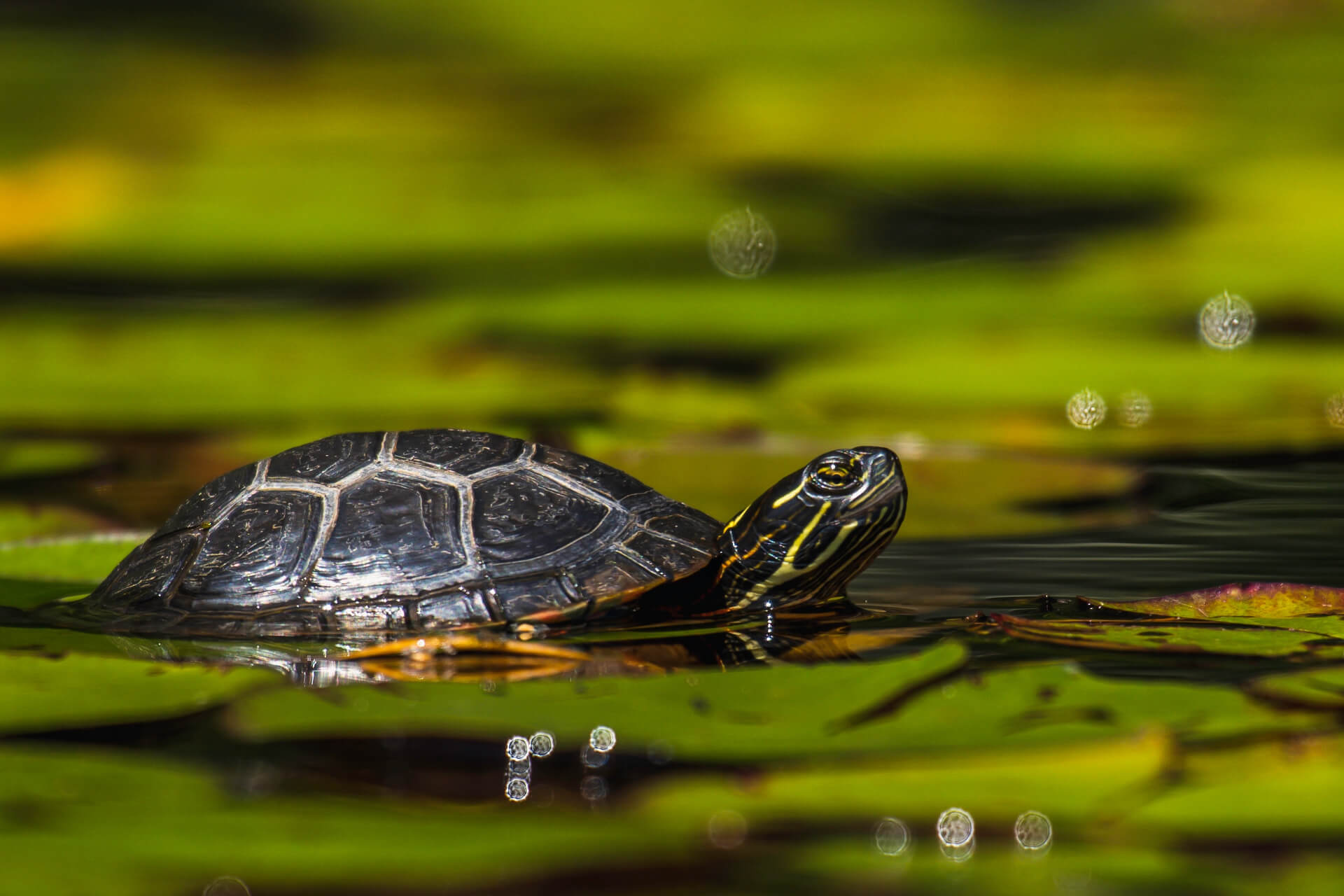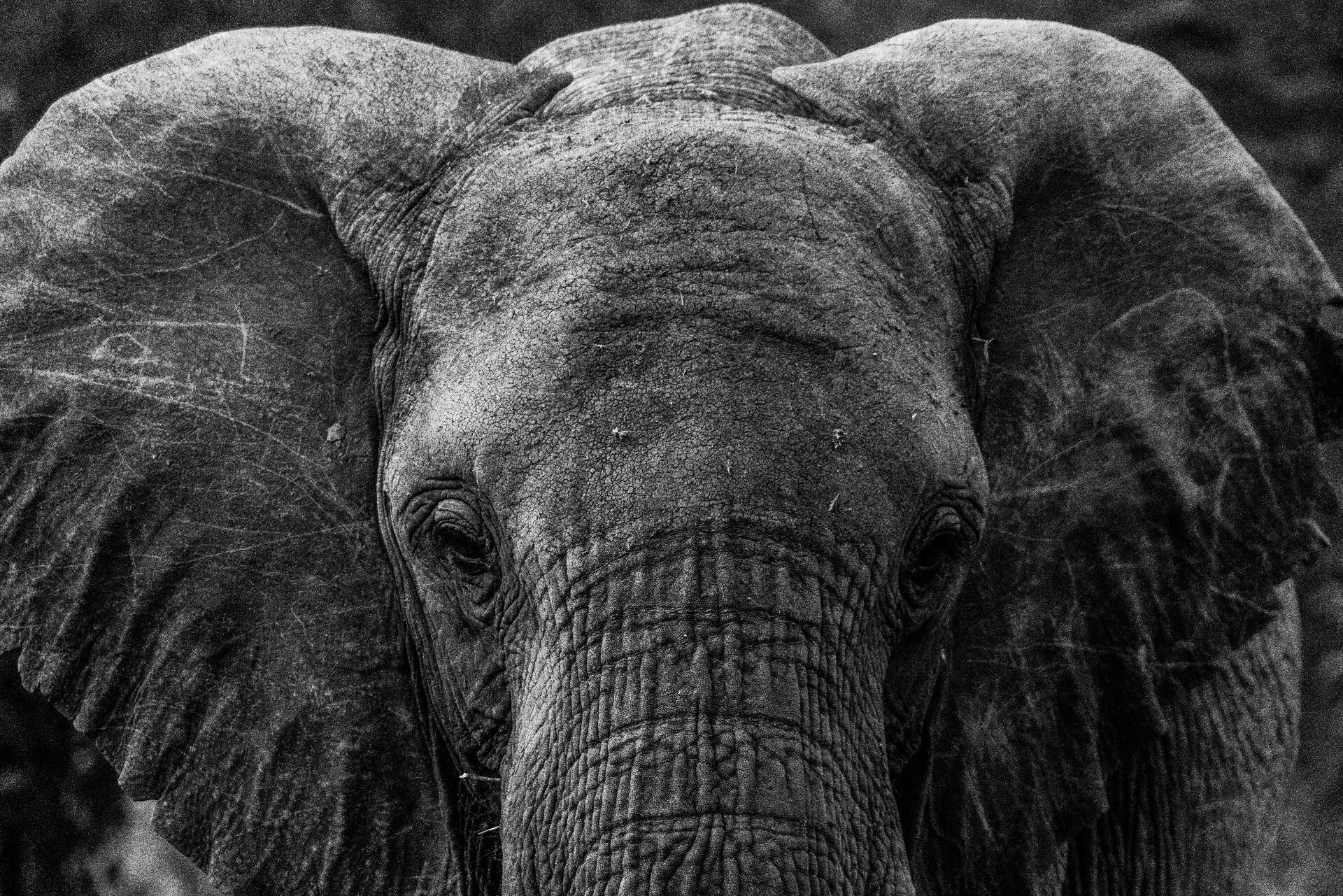
Animal Poaching This Year: 6 Wins for Biodiversity in 2023
We are reader-supported. When you buy through links on our site, we may earn affiliate commission.
Animal poaching this year has worsened in places, but let’s not focus on the bad. Biodiversity had wins this year that are worth celebrating, and these successes often get muddled by the doom and gloom of tragic news. Animal rights activists and nonprofit organizations have worked tirelessly for animal livelihood and to minimize poaching events.
What are some of the most inspiring and hopeful stories from the last year to guide people into the new one with the right mindset?

1. Jealous Mpofu Wins Tusk Wildlife Ranger Award
Mpofu has worked with the Painted Dog Conservation since 1997. Protecting the dogs at Hwange National Park is the group’s objective, and Mpofu contributes by scoping out poaching snares and redirecting packs to safer areas. His territory is an astounding 3,000 square kilometers, and he has become intimately familiar with the animals’ behaviors and bushcraft as a result.
His dedication is a win for the species and an insight into how individuals can make a massive difference in the animal kingdom. The Tusk Wildlife Ranger Award is a prestigious honor for those in animal conservation.
2. Hippos Receive More Protection
World Hippo Day in 2023 was a big month for hippo conservation in which the U.S. Humane Society fought to obtain Endangered Species protection. They are a species struck by poachers because their meat, skin, teeth, and ivory are desirable for traders. In the U.S., where trading is legal, over 3,000 hippos have died in a decade.
The International Union for the Conservation of Nature lists the common hippo as vulnerable, but being a part of this directory does not mean the species has protection under the Endangered Species Act. Efforts are underway while other nations work even harder to provide more holistic safeguards.
The United Kingdom’s Ivory Act of 2018 banned the ivory trade, but now it will cover even more animals — including hippopotamuses. This will drastically reduce incentives to find loopholes in the legislation.
3. Innovations in Poaching and Trafficking Tracking
The Tangled Bank Conservation and S-3 Research created new technologies to improve the efficacy of tracking efforts. The former researched turtles and how to improve genomic databases. With advancements, the three most trafficked turtles in the U.S. could be released back into the wild with more grace.
Additionally, S-3 Research also worked with turtles — in conjunction with AI. They seek to automate information classification, such as location tracking, to help law enforcement. With this, it’s possible people could craft more accurate heatmaps to determine poaching hotspots, thereby saving more turtles.
Anti-poaching robots might also enter the conservationist world before too long. Created in Churchill in eastern Victoria, the scout is named GUS. It’s equipped with sensors, microphones, and cameras so it can patrol anywhere. This marvel is enormous when it comes to worker safety. Anti-poaching forces risk their lives daily in the wild, potentially meeting face-to-face with determined poachers. Leveraging robots that do not exhaust and, at worst, break is a massive help for overworked staff.

4. Rhino Numbers Are Up
An astounding 500,000 rhinos dissolved into around 16,000 in the 20th century. Competitive poaching is to blame. Conservation efforts have been equally aggressive, with little to show for their dedication — until now. Numbers are up to around 27,000. It isn’t half a million from before, but these ancient creatures are finally gaining traction after some stalling.
The white rhino in South Africa had a rise in their population in 2023 — the first time in 11 years. Black rhinos saw a 5% increase in their population. These triumphs are nothing to discount, even as African rhino poaching continues to rise. Conservation focuses on the Sumatran and Javan rhinos, which are nearly extinct. Both species have less than 100 to their name, but news like this gives conservationists encouragement.
Do you need more good rhino news? A recent rhino auction of 2,000 rhinos was a massive failure. Now, those rhinos are heading back out to the wild after being acquired by a nonprofit that seeks to rewild them while keeping an eye out for poachers. This is hopeful for several reasons. Thousands of animals previously on the literal chopping block will get to go back home. It means nobody was interested in purchasing the rhino farm, despite how many horns it could produce. The trade is losing interest.
5. Elephants Thrive in the Omo Forest Reserve
Emmanuel Olabode in Nigeria has done more than commit his life to saving elephants — he has stopped elephant poaching with the Forest Elephant Initiative project. The work analyzes biodiversity in the reserve and how timber harvesting impacts elephant populations and behavior. Since the establishment of this group, poachers haven’t slain a single elephant.
What’s unique about this success story? Olabode has spread the word with meaningful education. He has even transformed the lives of former poachers. Now, these once bloodthirsty and greedy hunters are anti-poaching rangers themselves.

6. Oregon Creates a Campaign
Local projects are just as important to recognize as massive national projects. The Protect Oregon’s Wildlife campaign wants to stop poaching on its fish and wildlife populations. One of the objectives of this is to educate and notify Oregon residents that poaching is a concern in the state. Many probably didn’t know this before the project went live.
The anti-poaching legislation will also bolster enforcement efforts and make prosecution more severe. Workforces will receive more funding for these cases, improving evidence collection and processing speeds. Officials urge Oregon citizens to notify the correct authorities if they have poaching tips. Several states have similar projects. However, more must arise before even more are created.
Animal Poaching This Year Signals Hope for 2024
There is a lot of fear in climate and conservation conversations that staying optimistic about humanity’s achievements is challenging. These wins prove what people are doing is saving animals from trafficking and poaching. From individual patrols to legislation, poaching will one day decrease so much that affected species can recover with gusto.
Share on
Like what you read? Join other Environment.co readers!
Get the latest updates on our planet by subscribing to the Environment.co newsletter!
About the author
Jane Marsh
Starting from an early age, Jane Marsh loved all animals and became a budding environmentalist. Now, Jane works as the Editor-in-Chief of Environment.co where she covers topics related to climate policy, renewable energy, the food industry, and more.





